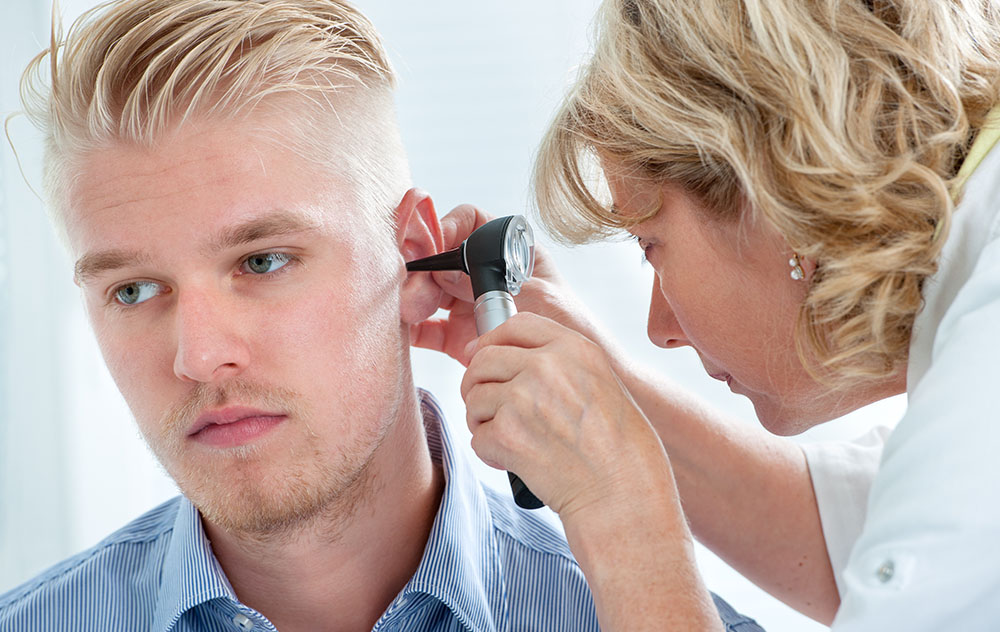The Future of AI in Hearing Aid Technology
With the constant evolution and expanding advances happening in the field


With the constant evolution and expanding advances happening in the field

Hearing aids are intricate devices designed to improve the quality of life

Hearing loss is a widespread issue that doesn’t discriminate by age,